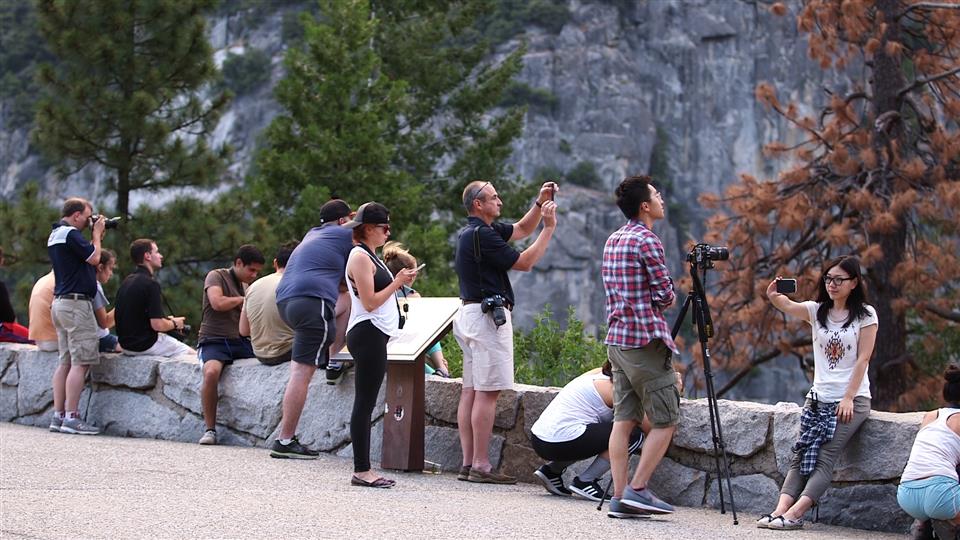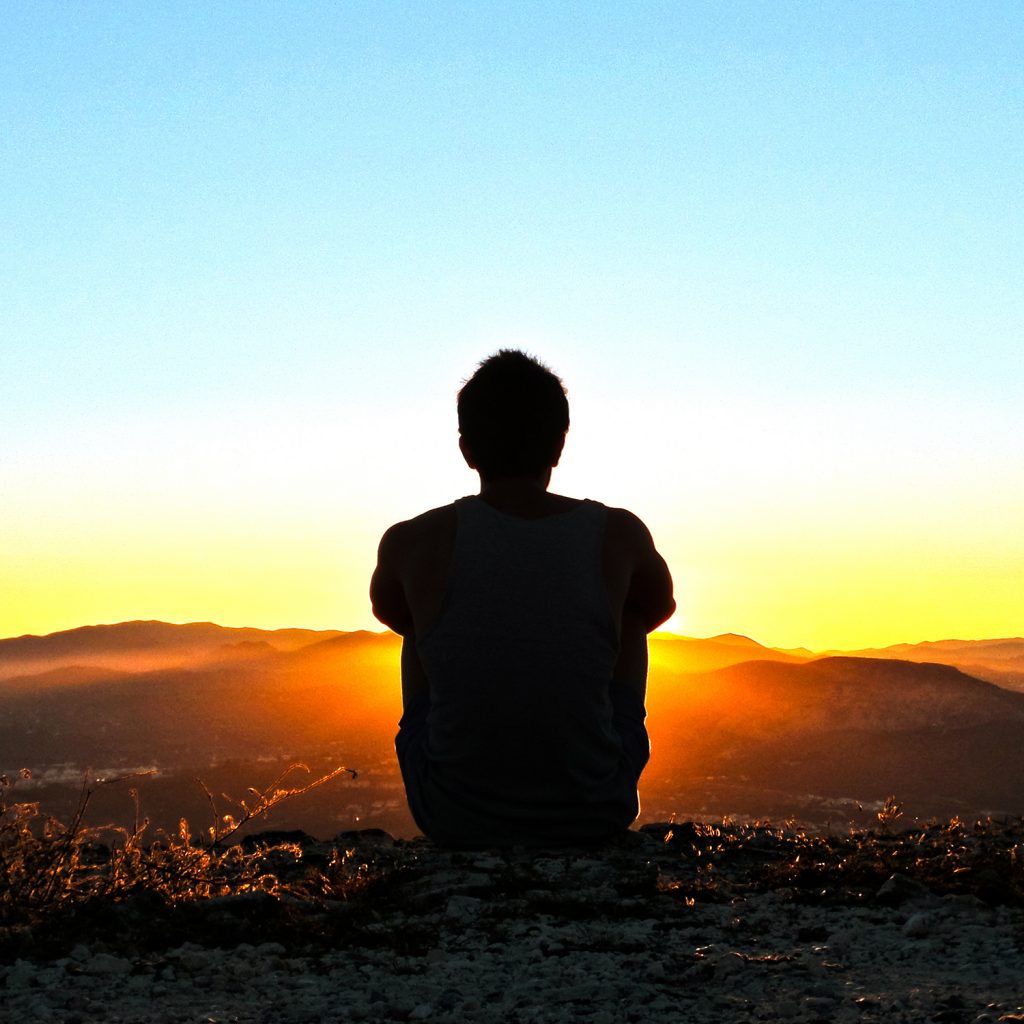With dogs barking in front, back and on one side of the house this morning, I couldn’t write, much less meditate, so I drove to the parkland.
Expressing the slightest displeasure at the dog craze in America these days invariably elicits the passive aggressive question: “Don’t you like dogs?” What people are really saying is, ‘What’s wrong with you?’
Yes, I like dogs, and they like me. What I have difficulty with is the homogenized dog culture and humans willingly, even willfully devolving into canine consciousness.
I was surprised at the number of people in the park on a weekday morning. Day care kids were marching, with little regimentation, along the pedestrian road.
Small companies of mothers pushing baby carriages (many with dogs attached) were in evidence. And there were runners, cyclists and walkers as well.

One woman barked orders continually as she crossed the footbridge behind four unleashed dogs. When they wouldn’t obey her commands, she herded them into a line, sounding like a drill sergeant.
Inward and outward space is getting harder and harder to come by. It isn’t mainly a function of the population explosion. There’s a reason one feels much more crowded in a developed country, with much less population density, than a developing country, with many people around.
Indulging in an unending blitzkrieg of personalization, cable news shamelessly panders to the viewer with the question, ‘What does this story mean to you?’ By taking a personal approach to the news, they reinforce and extend the disengagement that now characterizes our putative democracy.
Ever since CNN began its hyper-personal approach to the news a decade or more ago, I’ve wondered: What is the place of the personal?
The paradox is that unquestioned conformity to the mass marketed smallest possible unit—the personal ‘me’—is shrinking the space for freedom more than other form of oppression in human history. The corporate-media-military complex seems to have hit upon an unbeatable strategy for conditioning minds and shrinking hearts.
The elevation and successful manipulation of the implicit core premise of the Western worldview—that we are dividuals, unique egocentric consumer entities—is bringing that very assumption into increasing focus and question however.
Despite non-drug-induced altered states during methodless meditation, I have assumed, until now, that the personal had its place. But since the obsession with the personal dimension in this globalizing culture is destroying all space for the individual (in the true sense of that word), I’m questioning the place of the personal.
But just what is the personal dimension? And how does it differ from the space and freedom every individual needs to make their own journey in growing into a human being?
To my mind, we have confused and conflated the personal with the individual to our great peril. There is a tremendous tendency to believe that having a life means having a personal life. But what if having Life means negating the personal dimension altogether on a regular basis?

The personal is not a matter of privacy, but of conformity; not a function of difference, but sameness; not a reflection of any depth but of increasing superficiality. In short, the personal is synonymous with self-concern.
At its core, the personal is relentlessly egocentric. Even when the self sacrifices itself–to kill or be killed in the name of ‘my country’ for example–it retains its egocentric core. We accept the notion that to be human is to revolve around a self, and that to be healthy is to ‘balance’ the personal and the communal.
But in a dead culture, such ‘balance’ is no longer possible. That means the fundamentals of the equation—the personal and communal—must radically change, or we will lose ourselves entirely.
The irony is that we lose ourselves by acting in terms of the personal, but that we truly gain ourselves by letting go of the personal dimension.
A woodland hawk, its variegated browns flashing in the sunlight, shoots past me as it soars over the creek below the treetops, piercing the air with its shrill call.
Martin LeFevre

